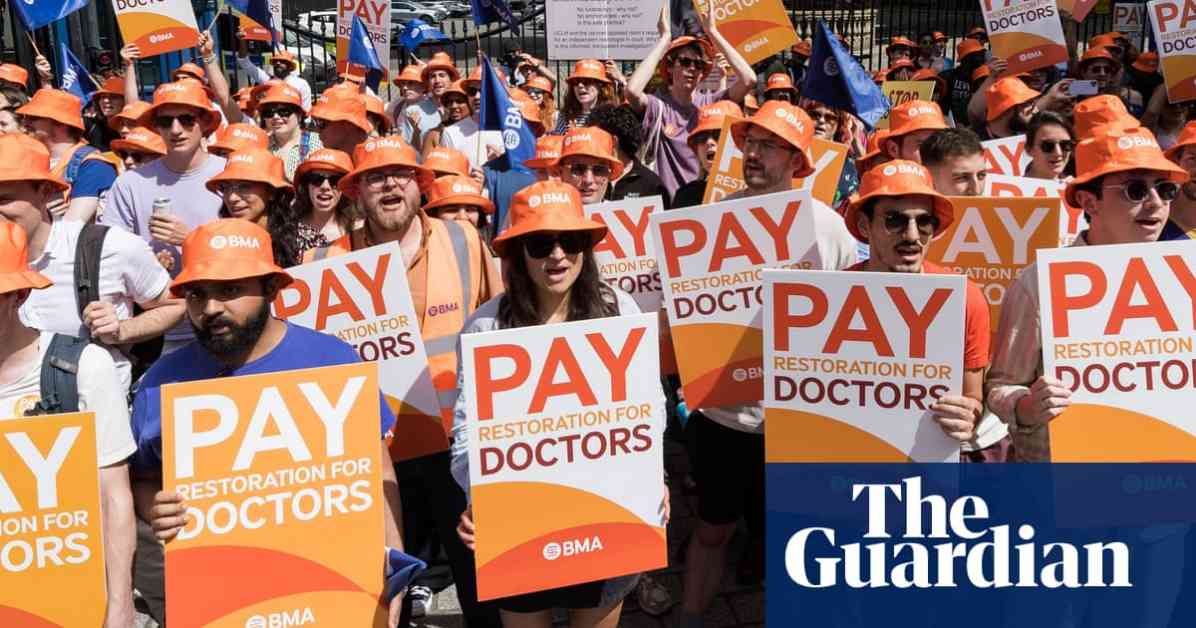Ministers in England are gearing up for a potential wave of strikes in the NHS as doctors slam pay rises of up to 5.4% as “derisory”. The threat of industrial action looms large after teaching unions express anger over the government’s refusal to fully fund a 4% increase for teachers, warning of the detrimental impact on the quality of education.
NHS staff, including nurses, midwives, and ambulance workers, are also critical of the decision to award them a smaller rise of 3.6%. The Royal College of Nursing (RCN) deems it “grotesque” that doctors are receiving a larger increase than nurses who earn less. Health Secretary Wes Streeting and Education Secretary Bridget Phillipson defend the rises by emphasizing that they are above inflation and the second such increase since Labour came into power.
Despite the efforts to justify the pay rises, the British Medical Association (BMA) deems the increases as inadequate and shows a lack of commitment to restoring lost pay for doctors. The BMA calls for negotiations to address the erosion of real-terms salaries since 2010. The situation escalates as resident doctors consider strike action over the offered deal, which they find unsatisfactory in reversing historic pay erosion.
The National Education Union (NEU) also threatens to register a dispute with the government unless they fully fund the teacher pay rise. Schools in England face having to find savings from their budgets to cover the costs, leading to concerns about service provision, job losses, and increased workloads. Despite the government’s call for schools to fund part of the pay rise through improved productivity, school leaders and unions criticize the approach, citing years of cost-cutting measures that have stretched resources thin. The debate over funding the pay rises continues, with tensions rising between government officials and unions representing NHS staff and teachers.

